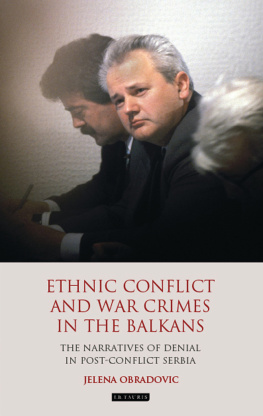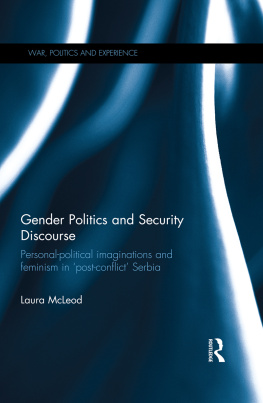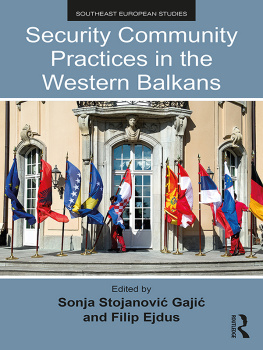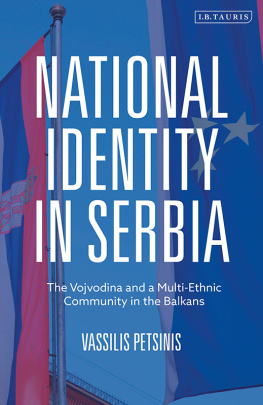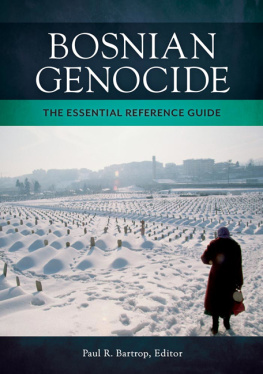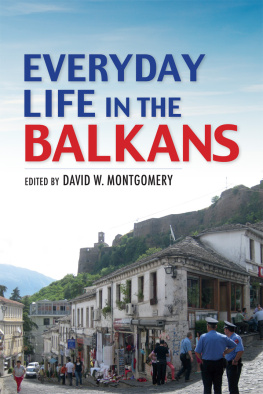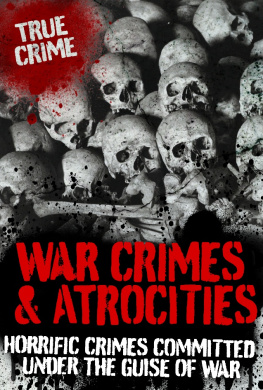I have been fortunate to have the advice and support of a great number of friends and colleagues over the years that this book has been in development. I am grateful to Elizabeth Edginton and Katarzyna Wolczuk for the supervision of my PhD thesis, which eventually became this book. My thanks also go to the Economic and Social Research Council and the Postgraduate Incentive Fund from the Centre for Russian and East European Studies at the University of Birmingham, for providing funding for my postgraduate research work. Parts of this manuscript were completed whilst on a Visiting Research Fellowship at the Aleksanteri Institute, University of Helsinki, and I am grateful for the support and enthusiasm this research received during the fellowship. Since then, the School of Languages and Social Sciences at Aston University has provided a fantastic working and intellectual environment for the completion of this book.
My deepest thanks also go to family, friends and colleagues who have commented and offered insights, interest and encouragement for this book during its many phases of development. In particular, I would like to thank Alexander Wochnik, Dragana Obradovi, Dragan and Ljuba Obradovi, Catherine Baker, Deema Kaneff, Lara J. Nettelfield, Ger Duijzings, Judy Batt, Hilary Pilkington, Tim Haughton, Ivana Baji, Ljubica Spaskovska, Gesche Ipsen, David Gowan, Cai Wilkinson, Sean Cowland, Maayken van den Berg, Maria Chli, George Vogiatzis, Sean Laphen, Dympna OSullivan, Matt White, Odeta Barbullushi, Lara Scarpitta, Alexandra Prodromidou, Aglaya Snetkov, Nicola Corkin, Amanda Russell Beattie, Anneliese Dodds, Ed Turner, and Eva Batista. Needless to say, this book would not have been possible without the generosity and help of all of my respondents in Belgrade, whom I cannot mention by name.
This book considers the experience of knowing, witnessing and speaking about atrocities. and Kosovo and the atrocities, human rights abuses and war crimes which took place during this time, particularly those committed by Bosnian Serb and Serbian soldiers and the paramilitary. It presents the often untold stories (Simpson 2008) of individuals whose voices and experiences are generally excluded from the broader debate about the past and considers how these narratives diverge from, resist and are invisible to the formal and civil society initiatives aimed at confronting the past in Serbia. In doing so, the book also explores silence about and denial of the violent past, and considers how and where these dynamics manifest and what they might mean.
The conflicts in Croatia, Bosnia and Kosovo, 19911999, were marked by a high degree of violence against civilians. There is no description of those events that can do justice to the scale of atrocities, nor to the suffering endured by those caught up in the conflicts. According to the International Criminal Tribunal for the Former Yugoslavia (ICTY), set up in 1993 to prosecute those responsible for such atrocities, over 100,000 persons were killed in Bosnia alone, and approximately 2 million fled or were displaced (ICTY, n.d., a). In addition, the International Commission for Missing Persons (ICMP) estimates that at the end of the Bosnian conflict, of a population out of 3.4 million, 30,000 people were unaccounted for, whilst at present the fates of 10,000 still remain unknown (ICMP, n.d.). In Croatia, the ICMP states that some 5,500 individuals went missing, mainly between 1991 and 1992 and in 1995 (ICMP, n.d.). The ICMP highlights that the authorities of the Republic of Croatia have conducted excavations of approximately 143 mass grave sites and 2,000 individual grave sites, and have identified more than 3,380 missing individuals, whilst 2,020 are still registered as missing (ICMP, n.d.). In Kosovo, more than 4,000 individuals disappeared, and more than 2,000 are still unaccounted for (ICMP, n.d.).
These tragic legacies of the conflicts require justice and redress for victims. The field of transitional justice is concerned with victims needs following such atrocities; making sure that states and individuals, complicit in such human rights abuses, are held accountable for them, and that populations of those states do not remain indifferent to past injustices (see e.g. Teitel 2003). These needs are usually met through the implementation of mechanisms such as war crimes tribunals or truth commissions, as well as domestic initiatives organised by civil society groups (Lambourne 2008). In general, transitional justice is seen as a preferred policy choice for post-conflict societies and as a package of necessary transformations required for a country or society to account for a violent or repressive past and proceed towards democracy (Sriram 2007). Although such mechanisms have been applied in Latin America, Africa and Asia the transitional justice process in the former Yugoslav countries has, according to Dragovi-Soso and Gordy (2010:193), no close parallel in history. The countries of Croatia, Bosnia, Kosovo and especially Serbia, are requested to participate in a range of criminal proceedings as well as to produce gestures of penance which embody genuine transformation in popular consciousness (Dragovi-Soso and Gordy 2010:193).
In this context, there has been much debate about Serbias need to confront the past and to acknowledge publicly and legally its various levels of involvement in the atrocities committed during the 19911999 has been led by a number of prominent Belgrade-based non-governmental organisations (NGOs). These NGOs, which include the Humanitarian Law Centre, led by Nataa Kandi, the Helsinki Committee for Human Rights, the Belgrade Centre for Human Rights, Women in Black, the Centre for Nonviolent Action, the Centre for Cultural Decontamination and the Youth Initiative for Human Rights (YIHR), have campaigned for a more open and transparent debate about the past in Serbia (see e.g. Kostovicova 2006; Fridman 2011). In addition to their work on issues such as domestic violence, conditions in Serbian prisons and human rights, they continue to carry out serious and important work related to the violent past, such as collecting information for future war crimes prosecutions, highlighting the cases of the missing as well as campaigning for a public debate on atrocities and war crimes committed by Serbs, against Croats, Bosniaks and Albanians.

